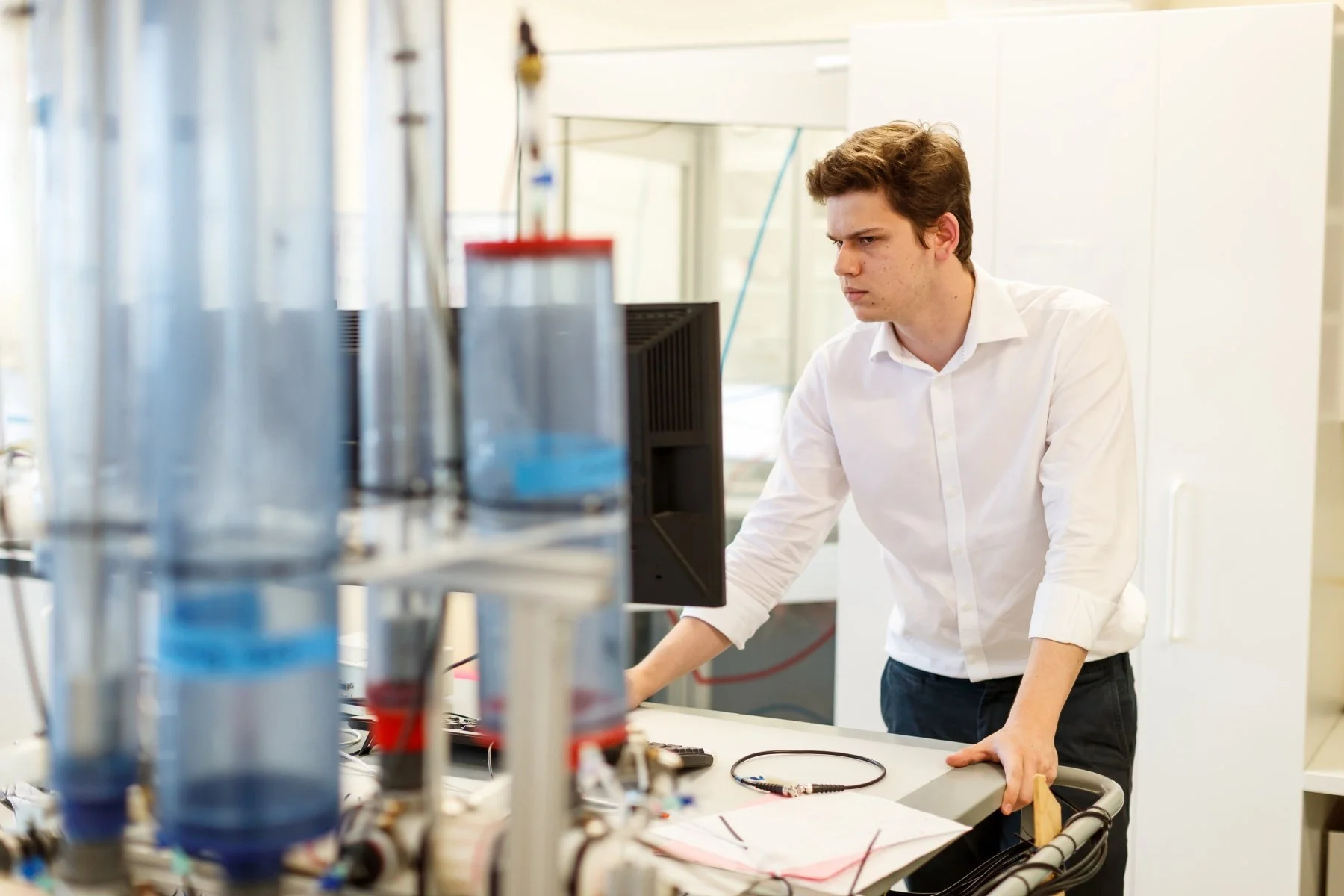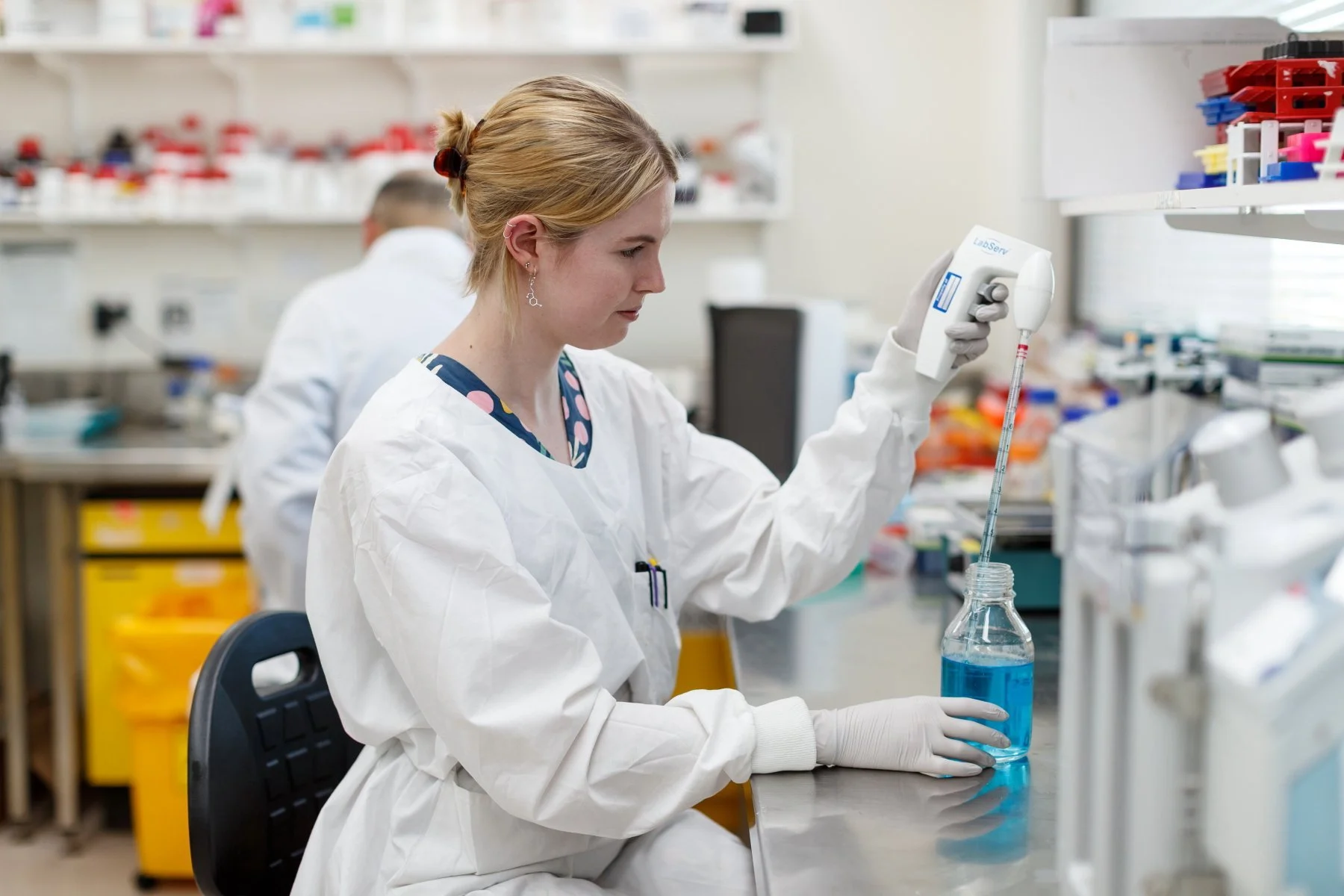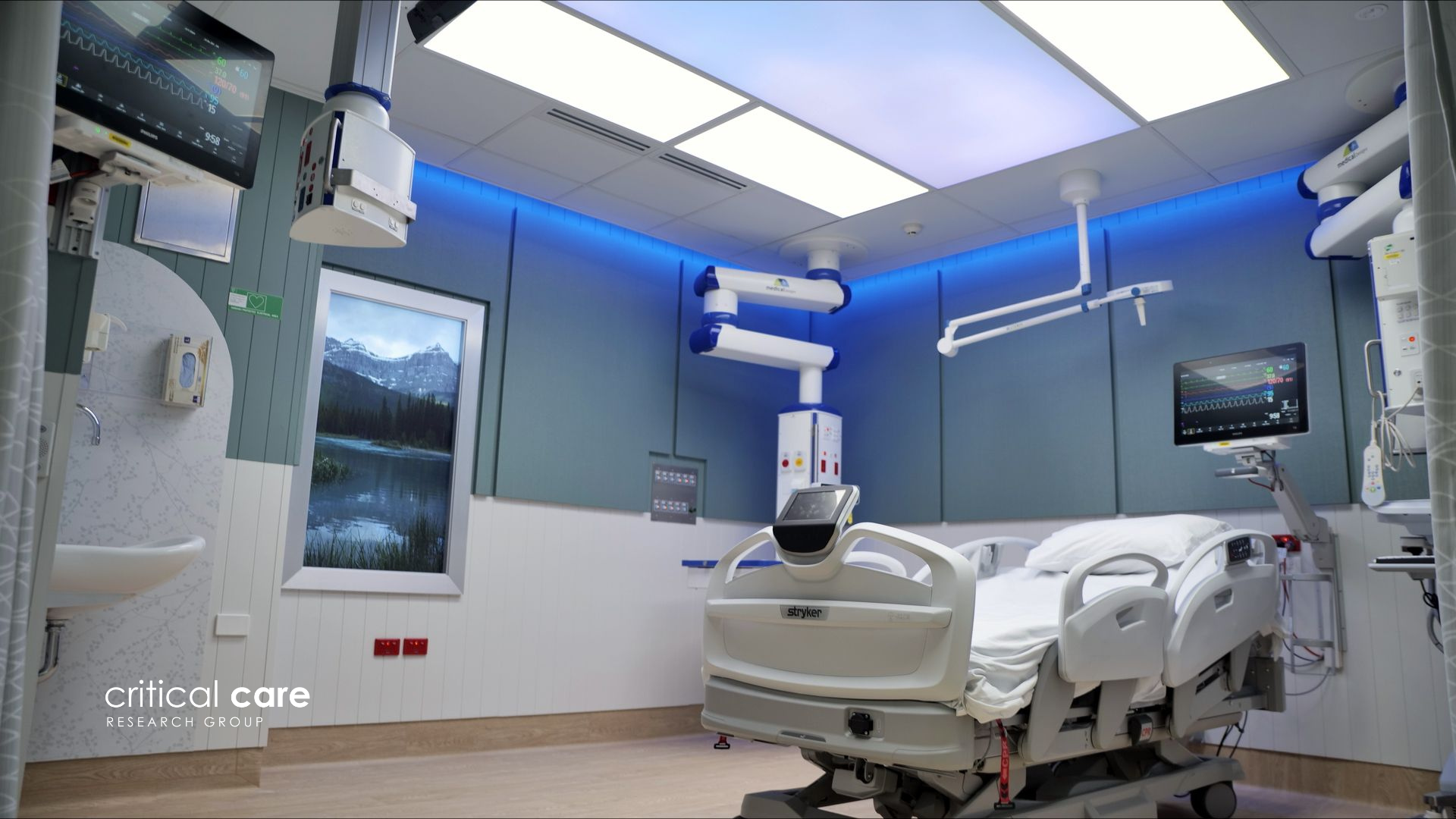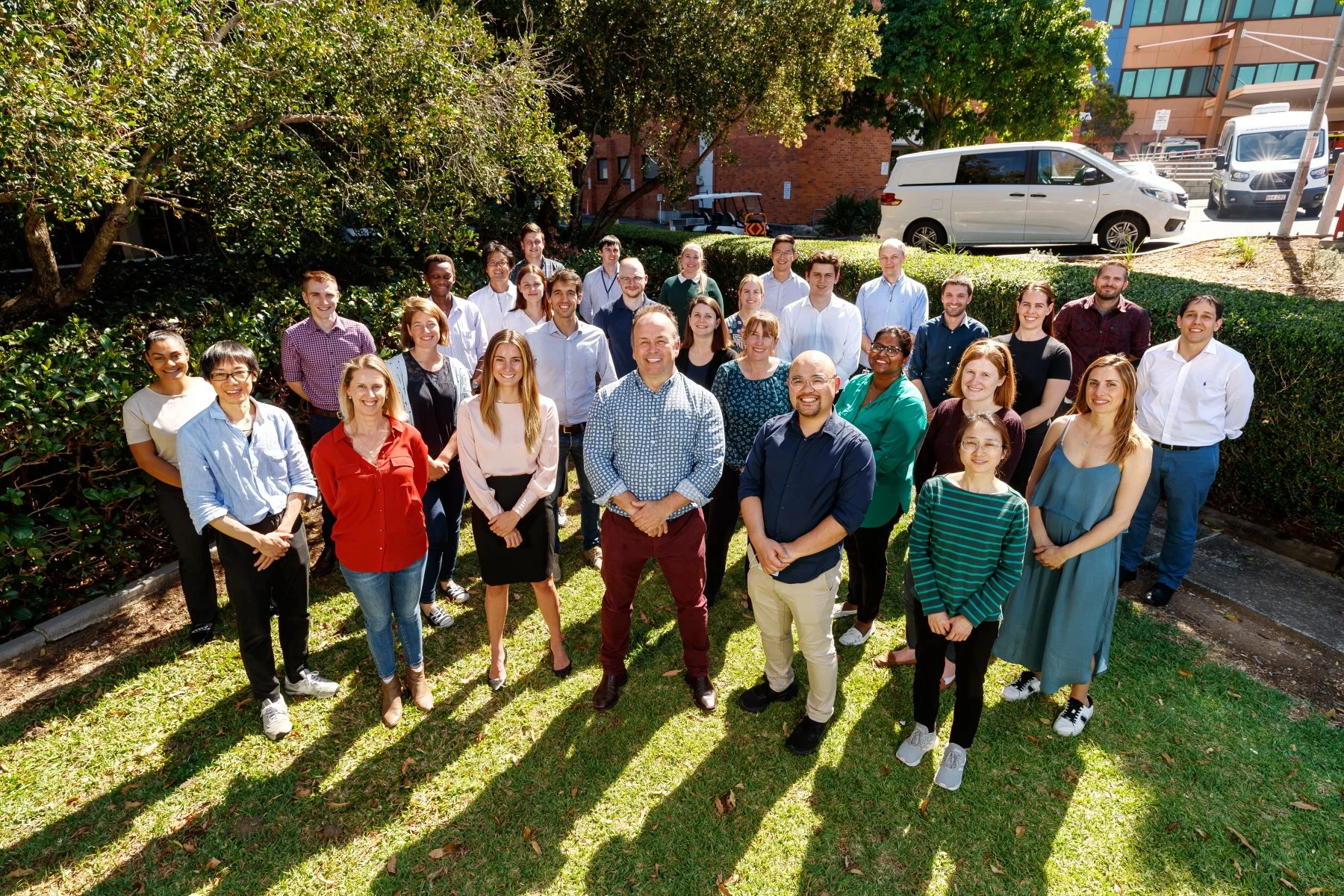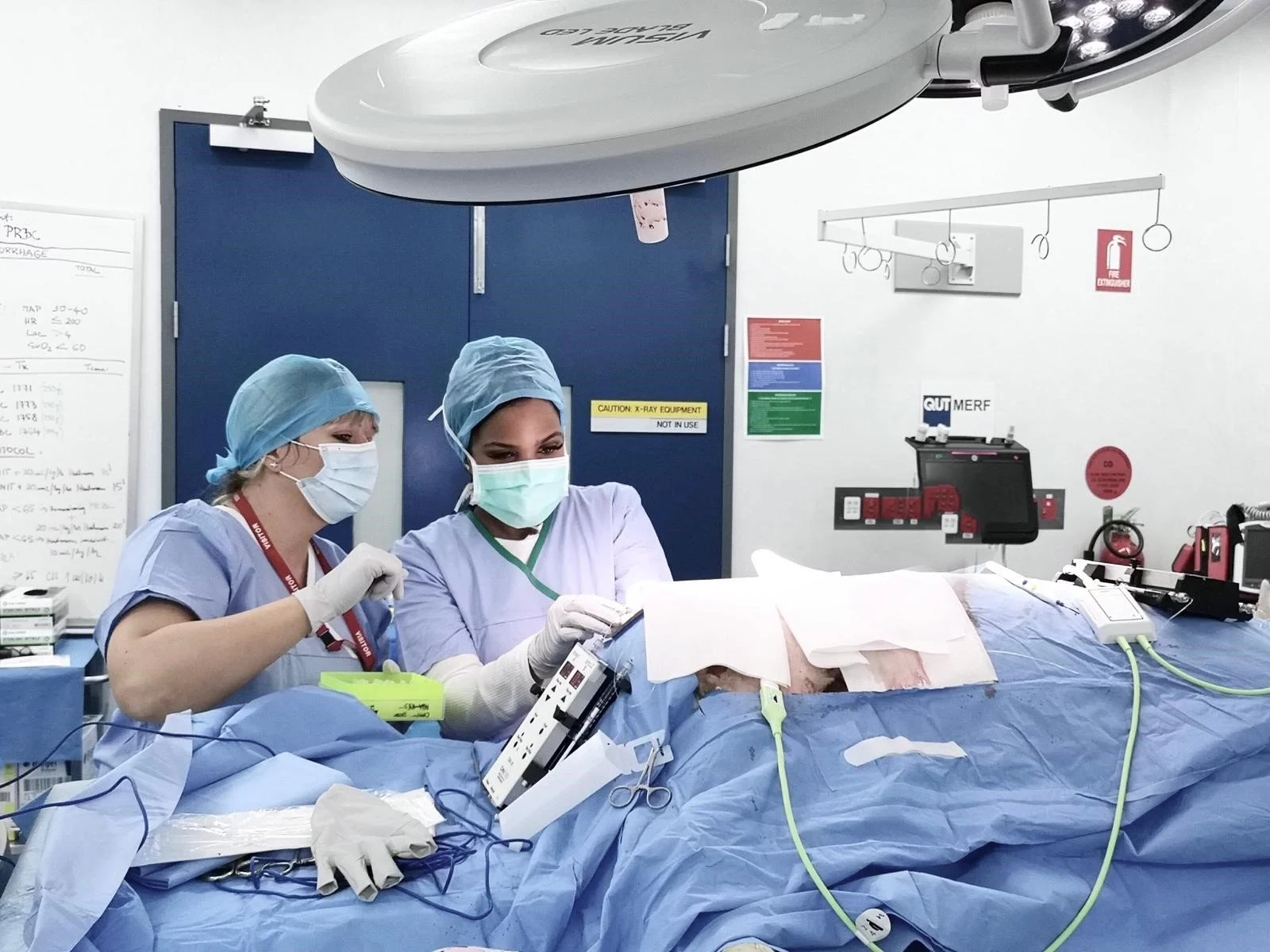Innovative Cardiovascular Engineering and Technology Laboratory
Taking cardiovascular technologies from idea to implementation
Mortality from cardiovascular disease is expected to rise exponentially over the next 20 years. Cardiovascular devices such as artificial hearts, lungs and valves are set to play an important role in managing these patients. Current and emerging devices follow a perilous development path prior to clinical implementation, whereby their subsequent uptake is often slow.
The purpose of the Innovative Cardiovascular Engineering and Technology Laboratory (ICETLab) is to facilitate the transition of innovative cardiovascular technologies from idea to clinical implementation, whilst also investigating the clinical challenges facing existing technology.
ICETLab research focus and capabilities
-
Computational Fluid Dynamics (CFD)
With CFD, our team is able to assess complex issues involving fluid flows using robust and high-performance computer simulation. Part of a dynamic group of fluid mechanics, the application of data structures and numerical analysis allows us to simulate the behaviour of haemodynamics in various regions of human cardiovascular system and mechanical circulatory devices such as LVAD and ECMO.
-
Custom Pump Controllers
The majority of clinically used cardiac assist devices are limited to continuous flow mode by their clinical controllers. However, research into creating physiological pulses or implementation of physiological control systems is ever emerging. Thus, our team developed custom controllers for clinically available VADs to be used in ongoing and future research.
-
Particle Image Velocimetry (PIV)
PIV enables us to apply experimental methodologies to the analysis of fluid flow. This advanced machine captures images utilising a laser sheet and fluid seeded with particles to perform statistical calculations. From here we are provided with important information about the flow velocity magnitude and direction to validate computational fluid dynamics simulations.
-
Rotary moulding
Our rotary moulding device has the power to craft complex, hollow objects that are typically difficult to make. Often described as silicone shells, they are most commonly used in particle image velocimetry experiments as transparent left ventricles.
-
Left Ventricular Assist Device (LVAD)
The Left Ventricular Assist Device (LVAD) is the so-called mechanical heart (or "blood pump") used to support a failing heart in end-stage heart failure. It is used for patients who would not otherwise survive while on the heart transplant waiting list.
-
Mock Circulatory Loop (MCL)
A MCL is a mechanical representation of the circulatory system. The system closely mimics the complex haemodynamics of a patient and is used to evaluate the performance of mechanical circulatory devices and pump controllers. This equipment provides invaluable insight into the effect cardiac devices have on improving the patients’ condition.
-
3D Printing
Our 3D printing facilities are utilised for rapid prototyping of sophisticated parts that would otherwise be difficult or impossible to produce with conventional machining methods. This enables us to produce unique components for a range of custom test rigs. Our printers range from more common FDM (fused deposition modelling) to advanced PolyJet printers for high-quality and highly accurate parts.
-
Blood Circulatory Loop Testing
Blood circulatory loop testing is commonly used to determine haemocompatibility (or “device-blood interaction”) of mechanical assist devices. Haemocompatibility testing - such as red blood cell destruction, platelet activation, white blood cell activation and coagulation protein degradation - are important assays to design and develop safer blood-contacting medical devices. It provides a fast, low cost and better understanding of the blood-handling characteristics of various mechanical circulatory devices.
-

CCRG Engineer wins new Research Grant from The Prince Charles Hospital Foundation.
CCRG’s Senior Engineering Research Fellow, Dr Jessica Benitez has been named as one of the Emerging Researchers for 2025 from The Common Good, an initiative of The Prince Charles Hospital Foundation (TPCHF).
-

Returning a pulse to ECMO
CCRG International Research Fellow, Dhayananth Kanagarajan has led a new study aimed at developing a model of venoarterial (VA) ECMO in a patient-specific human aorta to evaluate the effect of ECMO timings and pulsatility. The study, which formed the basis of Dhayananth’s PhD, is one of the most advanced and most clinically relevant in this area and aims to support the continued development of ECMO technologies.
-

PhD candidate wins Best Paper at Australasia computational mechanics conference
CCRG PhD student Dhayananth Kanagarajan has been awarded the Best Research Paper at the Sixth Australasian Conference on Computational Mechanics (ACCM 2023). Held at Swinburne University of Technology in Melbourne, ACCM is the flagship activity for the Computational Mechanics Community and provides an international forum for a wide range of topics in contemporary Computational Mechanics.
-

PhD candidate wins Young Investigator Award at ISMCS Conference
Griffith University PhD student Taylor Sing has been awarded the 2023 Asia Pacific Young Investigator Award at the 29th International Society for Mechanical Circulatory Support conference (ISMCS) in Dallas.
Discover more CCRG labs and projects

